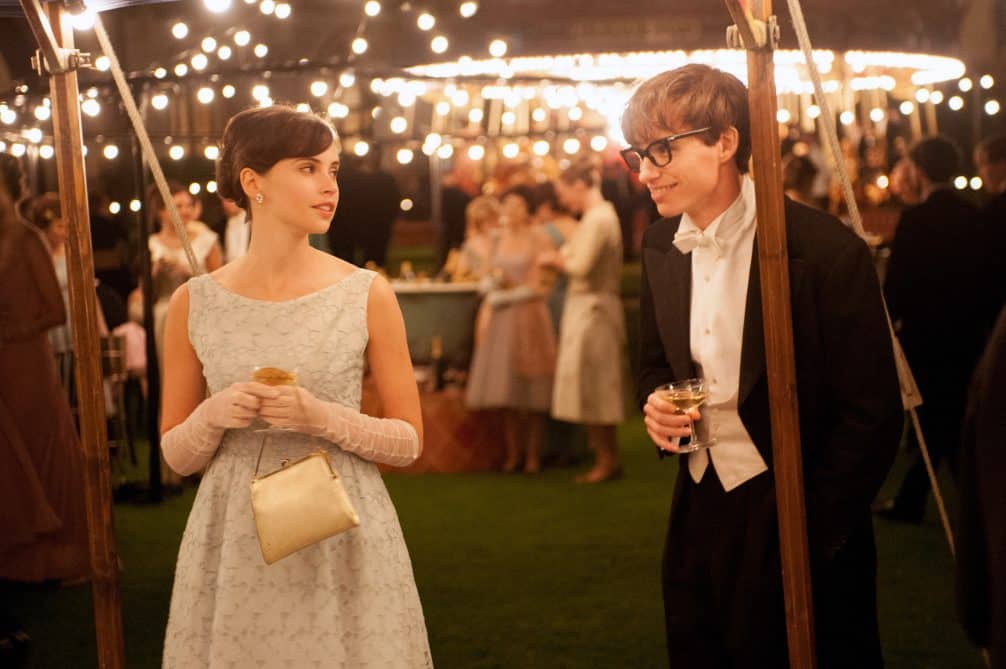
Jóhann Jóhannsson, 48 (1969-February 2018) whose sudden death at 48 has just been announced, was an award-winning Icelandic musician whose intuitive, poignant and often pounding original scores graced a wide range of theatre and dance productions and films such as Denis Villeneuve’s Sicario and Arrival where he daringly combined strings, electronics and vocals to achieve unique soundscapes. He won a Golden Globe for Best Original Score for both The Theory of Everything and advised on Darren Aronofsky’s recent drama Mother! The BBC’s Maryanne Hobbs has described his particular talent for “elevating the unseen human element” in his source matter has been variously praised. James Marsh’s human drama The Mercy is a case in point and his last score is for Garth Davis’ Mary Magdelene which opens this year.
https://youtu.be/0sziNUZa4Sw
But Jóhannsson is not the only film composer whose life was tragically cut short. Another was Polish composer Krzysztof Komeda (1931-1969) who captured the positive zeitgeist of the 1960s with his breezy jazz scores and electronic vibes. His talent for doomladen and unsettling fare was also evident in Polanski’s Rosemary’s Baby, Cul de Sac and Knife in the Water. In a brief but prolific career he wrote more than 70 soundtracks, 46 scores for short films, including 11 feature films and appeared as ‘the pianist’ in Janusz Morgenstern’s Gdansk-set New Wave drama Goodbye, See you Tomorrow (1960).In the same year he scored Innocent Sorcerers another more serious New Wave piece about the restlessness of Polish post-war youth, by the great Andrzej Wajda. At this time, Komeda’s love affair with Scandinavia began and went on for the rest of his life, and he performed with his own jazz band at the ‘Gyllene Cirkeln’ (Golden Circle) in Stockholm and at the Montmartre Jazz Club in Copenhagen, along with other celebrated American Jazz musicians. His final score for Polanski included the 1968 haunting piano piece Rosemary’s Lullaby, sung by Mia Farrow (1968) and the music for The Fearless Vampire Killers whose main star Sharon Tate would also die young. Tragedy arrived after a good-humoured tussle at a Los Angeles party that Christmas. Komeda suffered a brain trauma and never recovered.
Victor Young was an American composer, conductor and balladeer whose life was also tragically cut short at the age of 56. Born into a musical Jewish family in Chicago on 8 August 1900, he began playing the violin as a child of 6 and with the Warsaw Philharmonic in his teens, after being sent to Poland to study at the Warsaw Imperial Conservatory. It is rumoured that he performed at a St Petersburg concerns attended by Tzar Nicholas II, and was later invited to play privately for the monarch. But his film career began when he returned to Los Angeles as a fiddler and then a concert master for Paramount-Publix theatres. In 1930 he was commissioned to write the instrumental to Hoagy Carmichael’s Stardust, re-styling it as a romantic violin solo. He was uncredited for the famous tune Can’t We Talk it Over in William Dieterle’s romantic drama Man Wanted (1932) but from the mid 1930s to the late 1957s Young’s Hollywood film career really blossomed with credits for When I Fall in Love, which he co-wrote as the central tune to Robert Mitchum and Ann Blyth’s 1952 romantic war drama One Minute to Zero; For Whom the Bell Tolls (1944); Dieterle’s Love Letters (1945/6), starring Joseph Cotton and Jennifer Jones; Dana Andrews’ starrer My Foolish Heart (1950); and Moonlight Serenade that featured in Bette Davis and Sterling Hayden’s romantic drama The Star (1952). During his career he garnered 22 Academy Award nominations for his work in film, but only won an Oscar after his death, for his score of Around the World in Eighty Days (1956). And he had one screen role, conducting Bing Crosby in The Country Girl (1954). MT
TRIBUTE | Jóhann Jóhannsson | 1969 February 2018